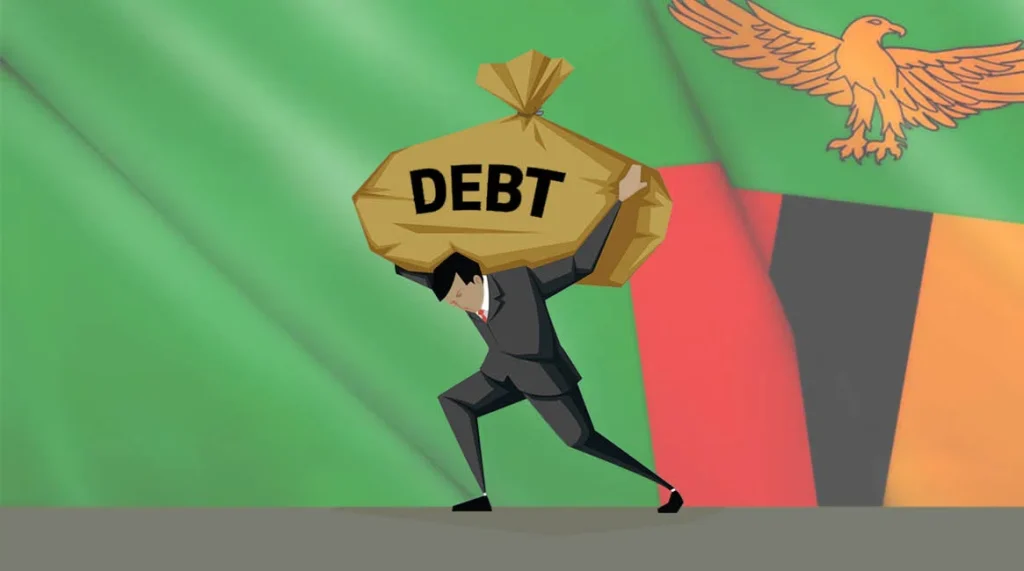Zambia’s efforts to restructure its debt have hit a roadblock, primarily due to complex discussions with the African Export-Import Bank (Afreximbank).
A senior finance official indicated on September 19, 2025, that a resolution is unlikely before next year. As a major global copper exporter yet heavily burdened by debt, Zambia reached an agreement with primary private creditors in June 2024 after over three years of negotiations.
Key Disputes Over Creditor Treatment
The core issue revolves around whether Afreximbank and the Trade and Development Bank (TDB) should accept debt writedowns or receive exemptions similar to those granted to institutions like the International Monetary Fund and World Bank.
This unresolved question has kept Zambia locked in default, hindering full economic recovery. Intensive talks with TDB began two months ago, but progress with Afreximbank remains limited.
Official Insights on Negotiations
Felix Nkulukusa, Zambia’s Secretary to the Treasury, described the situation during a recent interview in London. “We’re essentially the test case,” he remarked, emphasizing how Zambia’s process is pioneering new approaches in debt handling.
Afreximbank worries that losing its ‘preferred creditor status’ could harm its credit rating, affecting its ability to offer affordable loans for high-risk projects that private banks often avoid.
Implications for Development Banks
Such status provides government-supported development banks with safeguards, allowing them to fund initiatives at lower rates. Zambia’s case highlights the tensions between debtor nations seeking relief and creditors protecting their financial standing.
As negotiations drag on, Zambia continues to navigate its role as a frontrunner in global debt restructuring frameworks.
Path Forward for Zambia
With copper production vital to its economy, resolving these talks is crucial for stability. Officials remain committed to dialogue, but the delay pushes any final agreement into 2026.
This situation underscores broader challenges in international finance, where balancing creditor protections and debtor needs often leads to prolonged standoffs. Stakeholders will watch closely as Zambia pushes for a fair outcome.
READ ALSO: US Shipbuilders Seek Supreme Court Review of No-Poach Lawsuit




















